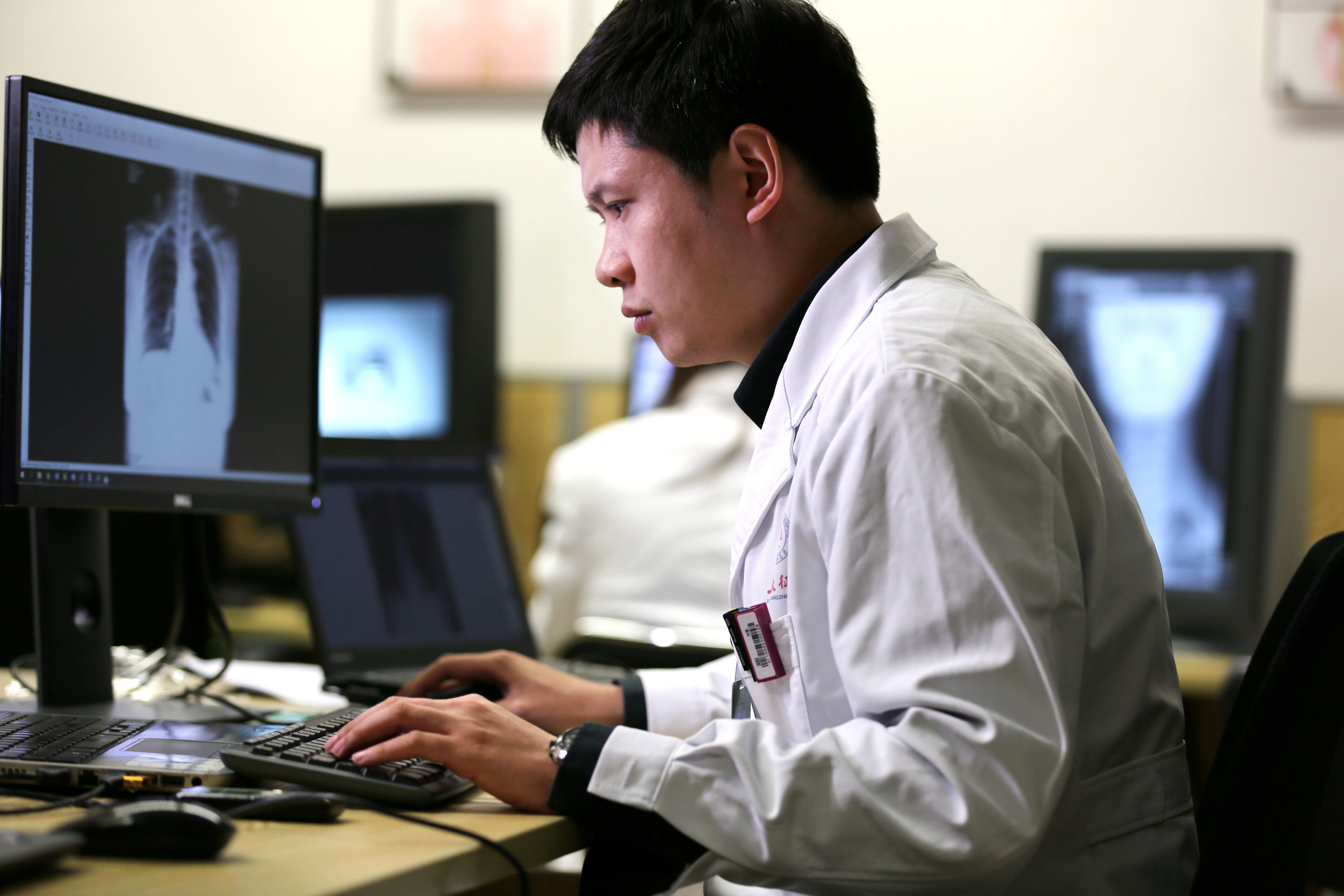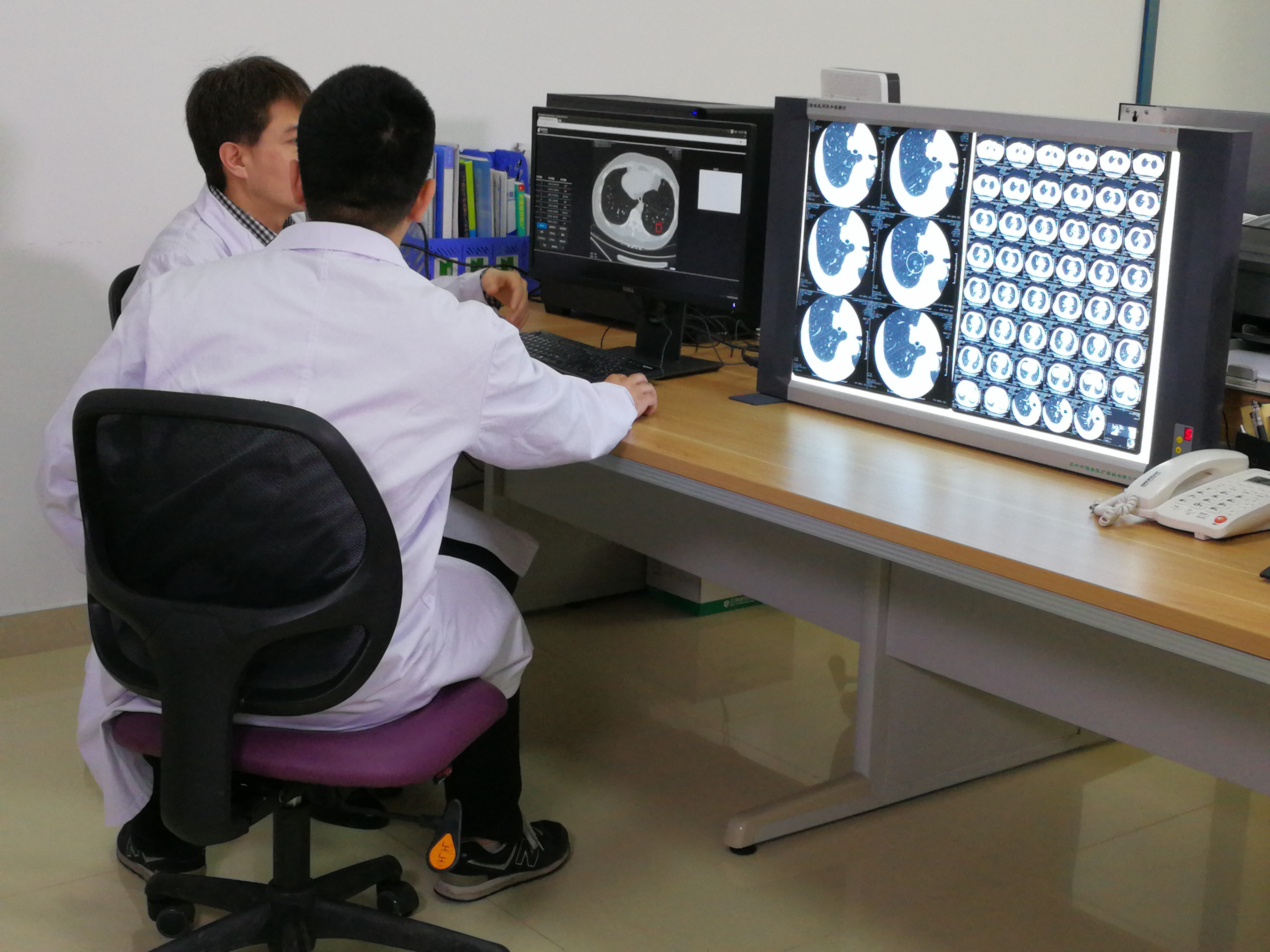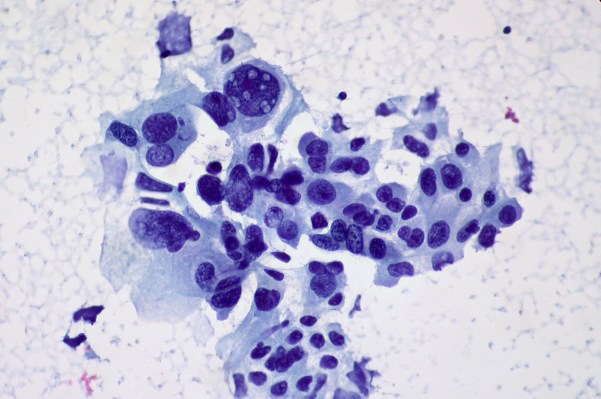Roughly 600,000 people in China die from lung cancer every year. Already the leading cause of death in the pollution-choked and chain-smoking-prone nation, the incidence of lung cancer among China’s citizens is actually going to increase to 800,000 cases per year by 2020.
The situation has gotten bad enough that China’s state media has not only been forced to report on the spread of cancer in the country, but also lay the blame squarely at the feet of the nation’s runaway pollution problem.
It’s not just the high incidence of cancer in China that’s the problem. The issue is compounded by a lack of quality healthcare in much of the country, which means that cancers often go undetected until it’s too late.
For Chen Kuan, the chief executive and founder of Infervision, a Beijing-based company using machine learning and computer vision to help diagnose cancers, the problem isn’t just academic.
Kuan’s aunt was one of the thousands of people in China whose cancer went undiagnosed for lack of appropriate care in her local hospital in Mianyang, a city of 5.4 million in China’s Sichuan province.
“We simply do not have the number of qualified doctors,” says Kuan. “Because a doctor has to serve so many patients every single day, the quality of care a patient is going to receive varies greatly.”

The problem is especially acute for radiologists, he said.
Kuan was pursuing a dual doctoral degree in economics and politics at the University of Chicago in 2012 when he was first introduced to the machine learning technology that would become Infervision.
Along with a group of other Chinese friends, Kuan said he became interested in deep learning and the prospects and applications of artificial intelligence. But the idea for Infervision didn’t crystallize until Kuan gave a lecture on his computer vision and deep learning interests in China two years ago.
The response he received from radiologists in the country, who saw an opportunity for machine learning to improve the diagnosis of cancer in the thousands of patients languishing in Chinese hospitals, struck a chord in Kuan. He dropped out of his doctoral program, moved to China and began working on Infervision.
Fast-forward two years and the company, which is backed by investors including China’s leading venture capital firm, Sequoia Capital China, is one of the headliners of the GPU Tech Conference sponsored by chip manufacturer Nvidia later today.
The company is taking advantage of a digital infrastructure that’s been in place in Chinese hospitals since the SARS outbreak in 2003. It is using training data from images stored in digital health records in China and coupling them with data the company’s technology is collecting in real time from its deployment in 20 hospitals around China (including Peking Union Medical College Hospital and Shanghai Changzheng Hospital).
Infervision is also working with GE Healthcare, Cisco and Nvidia to develop and refine its technology. The company has processed roughly 100,000 CT scans and 100,000 x-rays since its initial installation last year.

Infervision installs its software on-premise at hospitals and updates its image recognition and diagnostics tools based on the data coming in from its training hospitals, Kuan said.
Training procedures are divided into two separate components, according to Kuan. The first is the the actual training system, where annotated data is collected from radiologists and incorporated into the company’s training data. Then an updated version of the software (including the latest training data) is distributed to the network of hospitals.
“In no way will this technology ever replace doctors. It is intended to eliminate much of the highly repetitive work,” said Kuan.
